Arabic Thought beyond the Liberal Age: Towards an Intellectual History of the Nahda
What is the relationship between thought and practice in the domains of language, literature and politics? Is thought the only standard by which to measure intellectual history? How did Arab intellectuals change and affect political, social, cultural and economic developments from the eighteenth to the twentieth centuries? This volume offers a fundamental overhaul and revival of modern Arab intellectual history. Using Hourani's Arabic Thought in the Liberal Age, 1798–1939 (Cambridge, 1962) as a starting point, it reassesses Arabic cultural production and political thought in the light of current scholarship and extends the analysis beyond Napoleon's invasion of Egypt and the outbreak of World War II. The chapters offer a mixture of broad-stroke history on the construction of 'the Muslim world', and the emergence of the rule of law and constitutionalism in the Ottoman empire, as well as case studies on individual Arab intellectuals that illuminate the transformation of modern Arabic thought.
{{comment.content}}
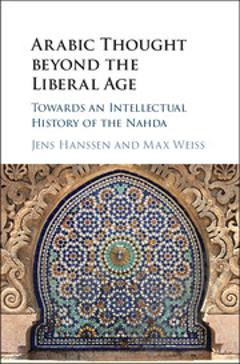
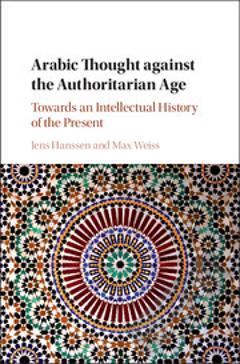
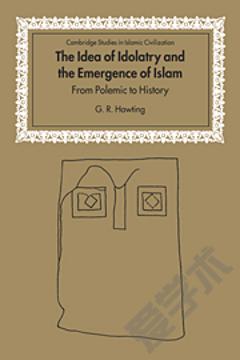
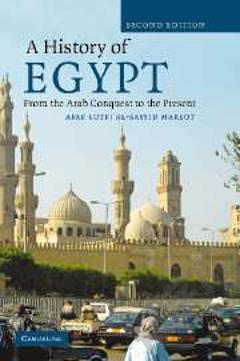

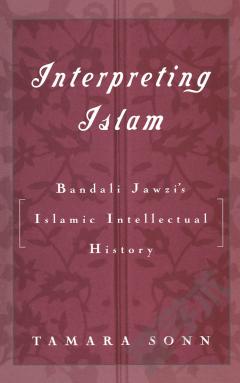
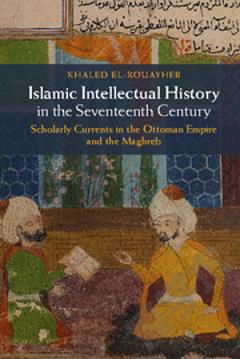

 京公网安备 11010802027623号
京公网安备 11010802027623号